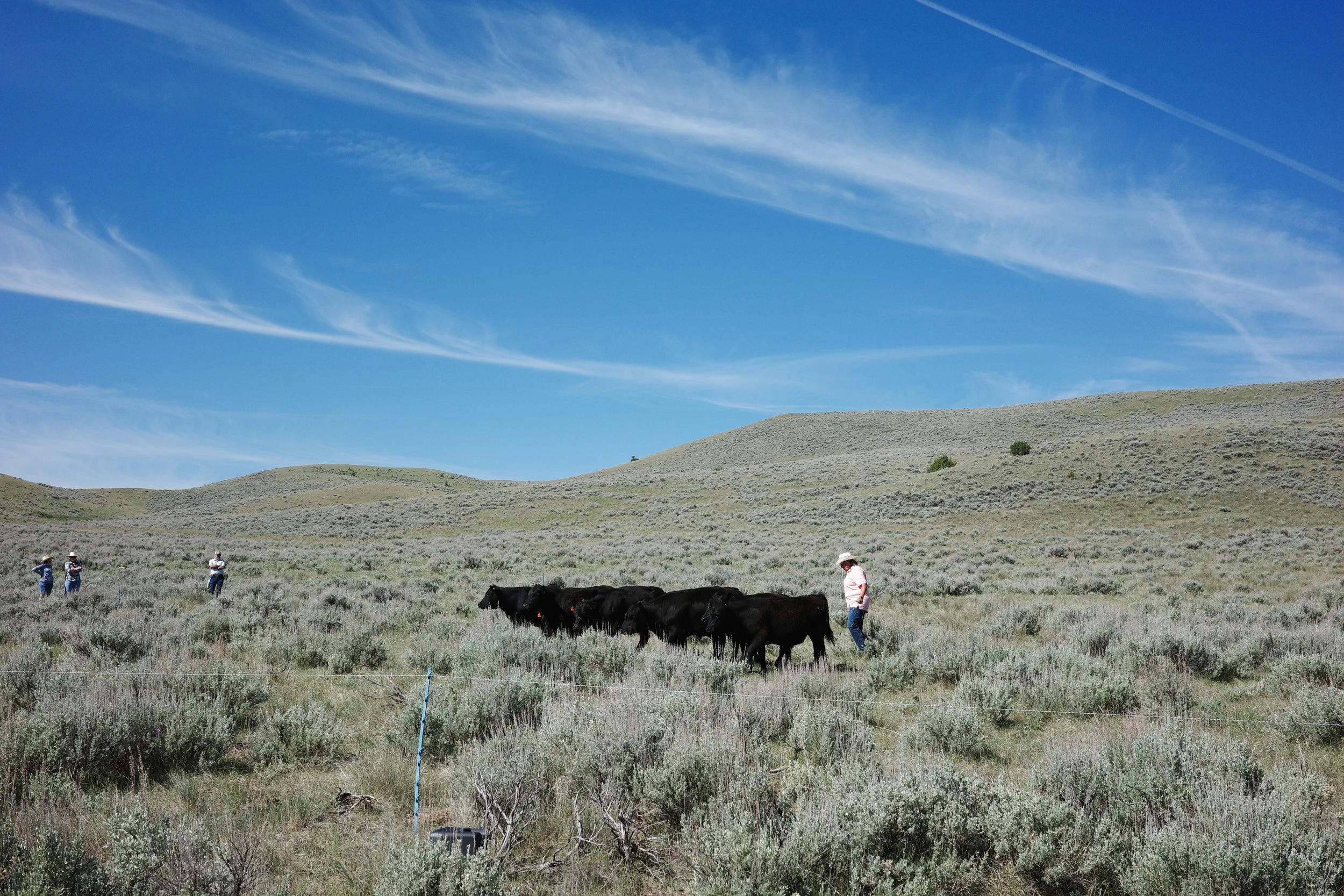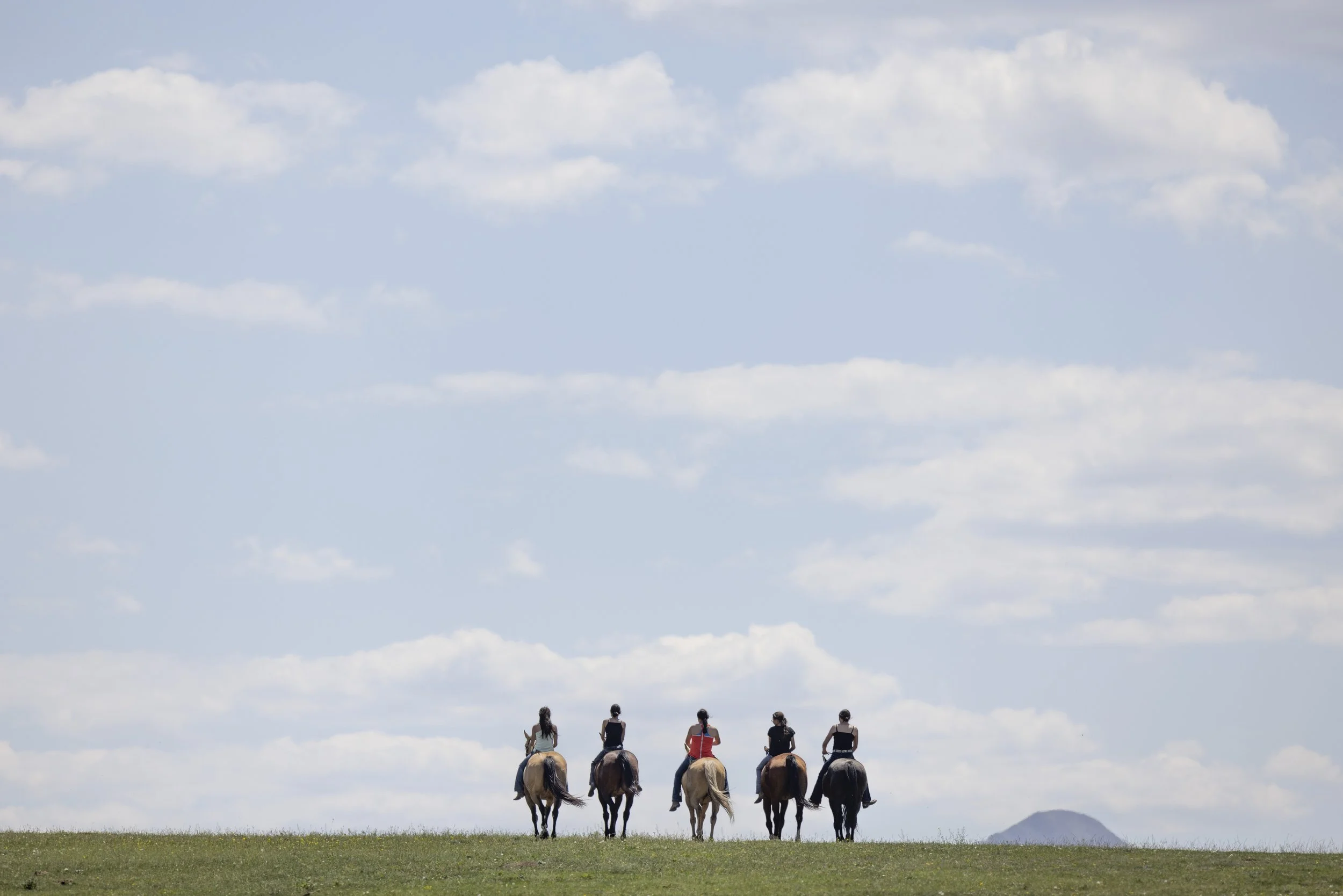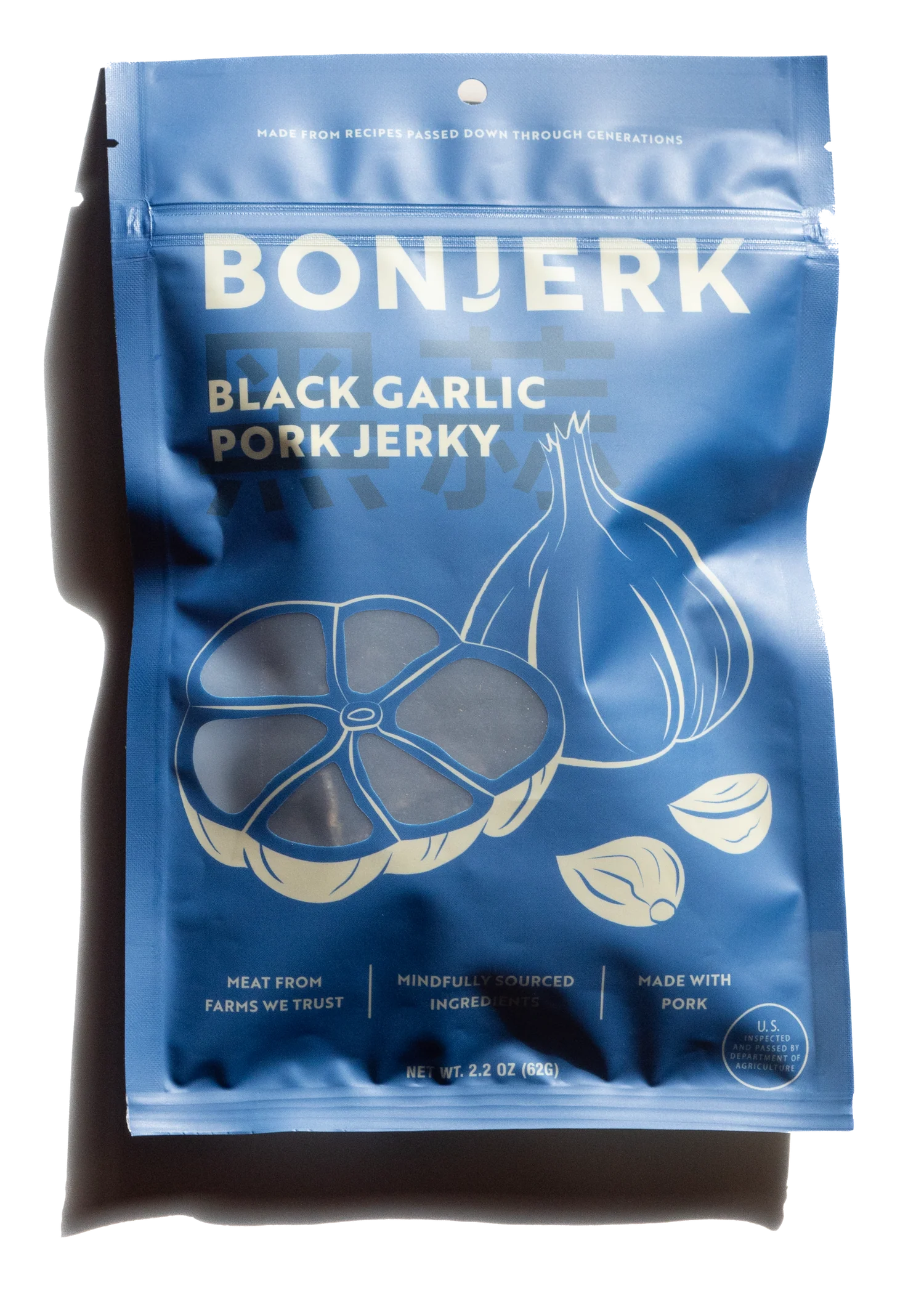Our Galentine’s gift to you >> We’ve compiled some of our contributor stories and in-house features from 2024 to reshare with you.
This former small-town basketball player who had her heart broken by the sport finds herself back in the game decades later - this time as a rookie coach for her daughter's team of bunny-sock-wearing ballers. Despite getting thoroughly "smoked, shredded, and smothered" at their first tournament, she discovers that maybe basketball isn't just about winning championships.
Behind the Cohagen Post Office, Dale Ann and Charlee Rose run In Stitches, embroidering everything from team jerseys to graduation gear. The business lets Charlee Rose balance work with driving the school "bus" (actually a Suburban) while her younger kids play in their makeshift office. Meanwhile, Dale Ann splits time between postmaster duties and embroidery, serving a tight-knit community of less than 400 people where neighbors drop everything to help during crises – from sharing pasture during droughts to rebuilding after fires.
During a Ranch Management Weekend on the 777 Bison Ranch in South Dakota, WIR participants toured the Ranch with Mimi Hillenbrand, learning about bison management, land stewardship, and sustainable practices. The Bison Ranch, which has been in her family for 40 years, is known for its holistic approach to raising bison. Mimi and her team demonstrated how their careful management has led to increased biodiversity and ecosystem health over 38 years.
At the Old Salt Festival in Helmville, Montana, livestock handling expert Dawn Hnatow demonstrated her innovative approach to cattle management. Drawing from methods learned from mentor Bud Williams, she emphasized the importance of low-stress handling techniques and understanding animal behavior. Through her work at Cattle Up Stockmanship, she continues to teach that effective livestock handling requires patience and self-awareness rather than force, leading to better outcomes for both ranchers and their animals.
“Women from across the Navajo Nation gathered around a crackling fire, almost strangers, but bound by a shared responsibility.”
Erin Thomas reflects on how Sacred Land, Sacred Work, a Rooted in the Land gathering, reinforced the deep connections between Navajo women, their roles as land stewards, and their shared culture.
The USDA's Division of Pomology began a significant botanical illustration project in 1887, commissioning artists to create detailed watercolor paintings of fruit varieties for use in agricultural publications. While photography existed, it couldn't capture true colors, making hand-painted illustrations more valuable for accurate documentation. Three women artists were particularly notable in this endeavor: Deborah Griscom Passmore, Amanda Almira Newton, and Mary Daisy Arnold, who collectively produced over half of the collection's watercolors.
The Spirit of the Horse Leadership Camp was held in July at the Archie St. Goddard Ranch near Browning, Montana. Organized by Women in Ranching and Sapoo Horsemanship, with support from several organizations,the gathering was created to support and empower Blackfeet girls aged 10-14. The program combined horsemanship training with Blackfeet cultural education and leadership development.
In this personal essay on love, loss, and a very good dog, contributing writer Morgan Gemay Marks shares her complicated and dynamic journey with infertility, motherhood and grief.
This profile of Anica Wu, the founder of Bonjerk, an Asian-inspired jerky company that bridges Wu's Chinese heritage with high-quality, sustainably sourced meat, explores her journey from filmmaker to whole animal butcher and business owner. Anica launched Bonjerk in 2021, creating jerky that honors her cultural heritage while supporting small ranches and sustainable practices.
Esme Ramirez shares her story of returning to Baja California Sur and farming, after initially feeling alienated from agriculture due to gender dynamics that excluded women from land management decisions. After studying environmental science and discovering agroecology through an eco-village experience, she pursued hands-on farming experience and witnessed firsthand the gender gap in Mexican agriculture where only 21% of land rights holders are women. She now works at Rancho Cacachilas implementing regenerative farming practices, while advocating for a future of agriculture that embraces sustainable practices and creates inclusive environments where women can take leadership roles in land management.
This story profiles Cheri Trousil, who combines her background in physical therapy, military service, and expertise in equine therapy to help women ranchers connect more deeply with themselves and their land. After founding the Humble Ranch Education and Therapy Center in Colorado and working with children and PTSD patients, she now focuses on facilitating transformative experiences for the Women In Ranching (WIR) community, where she creates spaces for women to develop authentic relationships with themselves, the land, and their communities.




